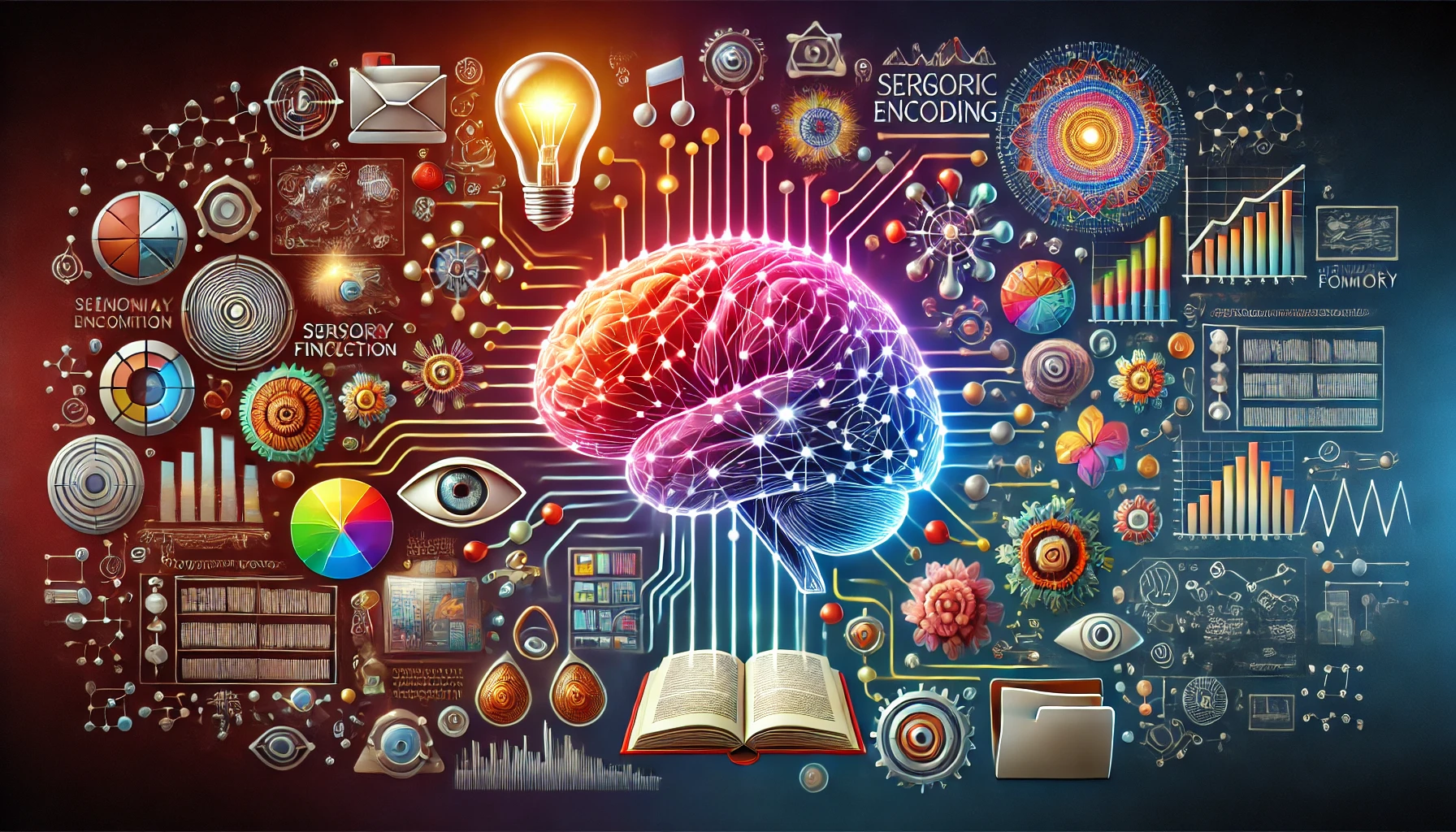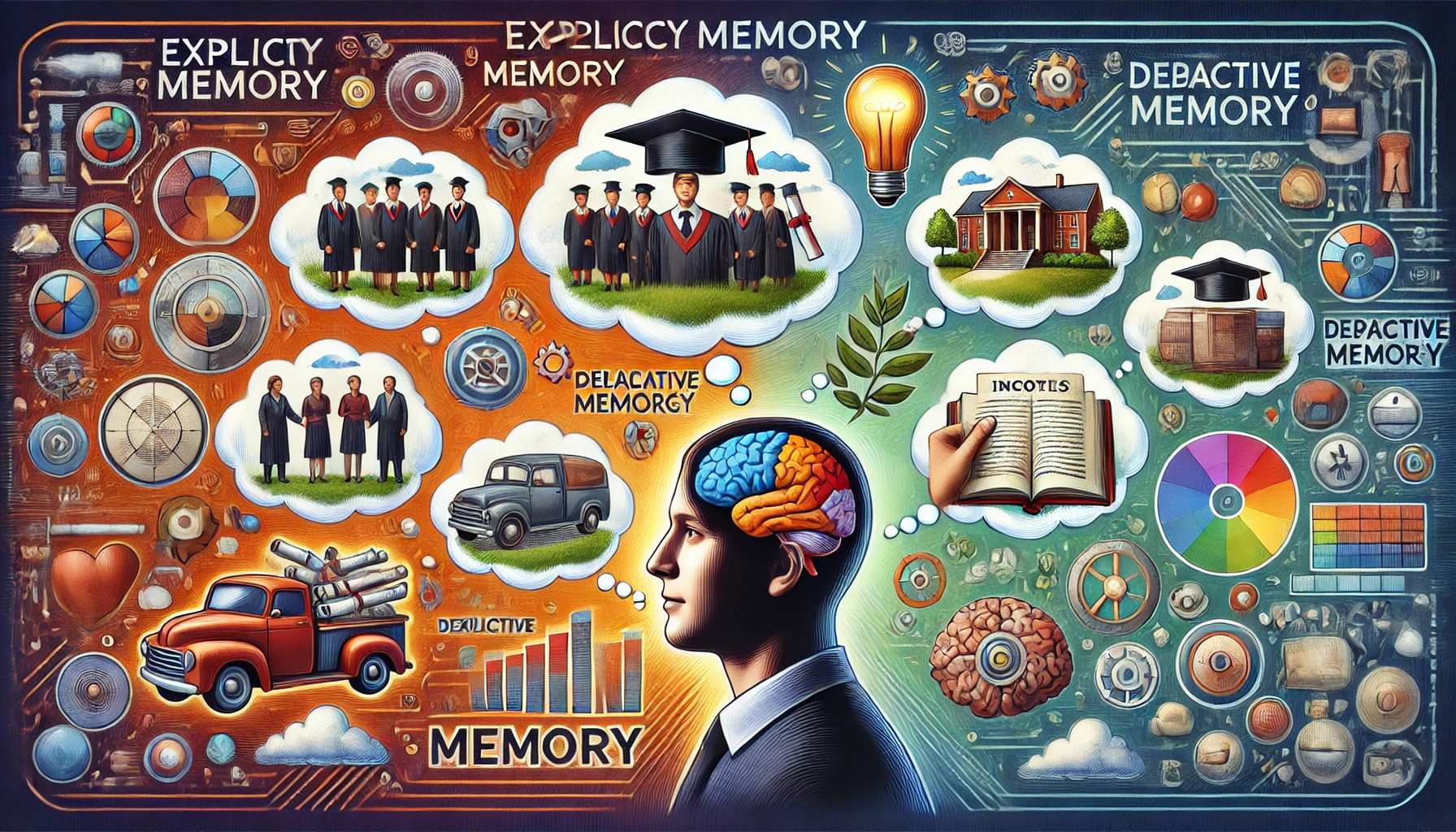Semantic Encoding: How We Remember Meaningful Information
Semantic encoding is a crucial process in our cognitive functions, allowing us to remember and understand meaningful information. This process involves converting sensory input into a meaningful format that can be stored and retrieved from long-term memory. Understanding how semantic encoding works can provide valuable insights into how we learn and retain information, benefiting students,

 English
English
 Deutsch
Deutsch Français
Français

